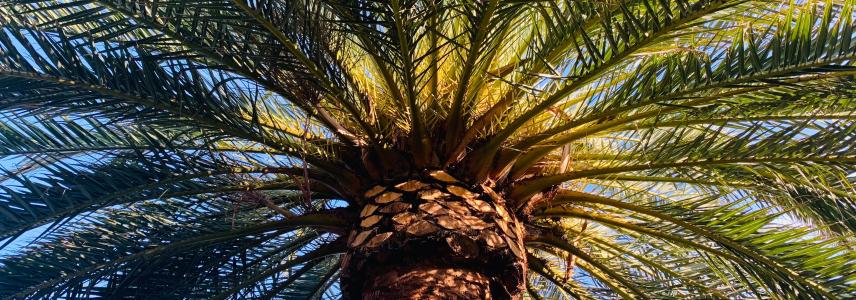Palm oil & alternatives: Sustainable sourcing

Palm oil is often used in the food and cosmetic industries. Many users have concerns about its environmental impact. This is making many users switch to alternative vegetable oils. Imports of vegetable oils are increasing in Europe. This is providing opportunities for exporters in developing countries. But buyers will ask questions about sustainable sourcing. They want to know whether the oils are better for the environment.
In recent years, palm oil has received negative attention. This is because of its link to deforestation in South-East Asia. The media has reported about loss of virgin forests in Indonesia. These reports show that the orangutan and other species are endangered. A growing number of food and cosmetic companies are looking for alternatives. Palm oil and its derivatives are used in over half of all food products and over 70,000 cosmetic products.
Retailers removing palm oil
In 2018, the UK retail chain Iceland announced the removal of palm oil from all its private-label products. Coop Italy has also phased out the vegetable oil from its private-label products. In its stores, Dutch organic food retailer Ekoplaza has highlighted the link between palm oil and deforestation. The ethical cosmetics firm Lush is committed to removing palm oil from all its products.
Consumers are looking for palm-free products. In August 2017, the International Palm Oil Free Certification Trademark was launched. Since then, it has certified almost 1,100 products. A growing number of consumer goods companies are making palm-free claims. They communicate their green credentials on product packaging.
Alternative oils
This move toward palm-free products creates an opportunity for vegetable oil producers in developing countries. Coconut oil and babassu oil are often used as alternatives to palm kernel oil in the cosmetics industry. Many Asian countries produce coconuts. They include Indonesia, India, Sri Lanka, Thailand and the Philippines. Coconut oil derivatives have many applications. For example, skin conditioning agents, hair-conditioning agents, surfactants and viscosity-increasing agents use it.
Babassu oil is a vegetable oil extracted from the nut of the babassu palm, which is grown in the Amazon region. Babassu oil has similar properties to palm kernel oil. It is used in body lotions, creams, body butters, lip balms, hair conditioners, shampoos and soap bars.
European imports of coconut, palm kernel oil, and babassu oil amounted to 1.83 million tonnes in 2018. Most demand for these vegetable oils is coming from Asia. Last year, Asia imported 2.1 million tonnes. A shift in demand is taking place. More and more European buyers are seeking sustainably sourced vegetable oils. They are considering palm oil alternatives. In comparison, Asian buyers are less interested in such products.
Certified palm oil
Global palm kernel oil production is estimated at 6.4 million tonnes. The Roundtable of Sustainable Palm Oil (RSPO) certifies about 20 percent. Most demand for certified palm oil comes from Europe and North America. Many food and personal care companies are making pledges to source certified palm oil. They include Unilever, Mondelez Foods, Nestle, and P&G. Others like the Body Shop and PZ Cussons want to ensure it is from a sustainable source. For this reason, they are sourcing certified palm oil from Latin America and Africa.
There are opportunities for palm and other oil producers in developing countries. But when consumers buy vegetable oil, they want to make sure they are sustainably sourced. Scrutiny of supply chains is increasing. Producers in Africa, Asia and Latin America need to look at joining sustainability schemes. Their vegetable oils need ethical labels if they want access to the European market.
For more details, see CBI’s report on European market potential for palm oil alternatives.
This news article was written for CBI by Ecovia Intelligence.
Stay informed
To stay informed on the latest developments in natural ingredients, make sure to subscribe to our newsletter.